Cognitive Flexibility Definition
Cognitive flexibility means being able to think in different ways and adjust to new situations. It’s important because it helps people handle changes and deal with difficult things. Sometimes when kids experience difficult things, like a traumatic event or ongoing toxic stress, they might find it hard to change their thinking or behavior. But, if they can learn to be more flexible in their thinking and practice it, it might help them feel better.
Because trauma impacts cognitive functions, the key is to pair teaching cognitive flexibility with practices that help to lower a student’s arousal. This can be accomplished through the use of mind-body strategies such as breathwork, guided imagery, drawing, or movement. By using mind-body techniques, students can help their bodies relax and allow their brains to access functions that may be blocked during times of stress or trauma.
Cognitive flexibility has two main benefits for kids who’ve experienced trauma. First, it can help them think about their problems in a different way. Sometimes after a traumatic event or during times of prolonged toxic stress, it can be hard to see anything good. But by learning how to be flexible in their thinking, they can find more positive ways of dealing with their problems.
Additionally, cognitive flexibility can help kids be better at solving problems and making friends. Trauma can make it difficult for an individual to form meaningful connections and relationships with others. But by learning how to think in different ways, they can understand how other people feel and make better decisions. This allows them to build a larger social circle and boost their self-esteem.
Click here to learn more about cognitive flexibility from Trends in Neuroscience.
Examples
So what are some cognitive flexibility examples, and how might they benefit students who are overwhelmed? One tip for teachers to help students work through cognitive flexibility is to encourage them to see things from different perspectives. Teachers can do this by first inviting students to take a few deep breaths and then asking open-ended questions that promote critical thinking and encourage students to think about things from multiple angles.
For example, instead of asking a yes or no question, teachers can ask students how they think a character in a book might feel about a certain situation, and then ask them to explain why while they draw an image of a symbol that might represent the character’s feeling. This can help students learn to think more flexibly and develop empathy for others, which can promote emotional regulation and social functioning.
Additionally, teachers can model cognitive flexibility by being open-minded themselves and demonstrating how to adapt to new situations and challenges.
Another tip for teachers to help students work through cognitive flexibility is to encourage them to try new things and take risks. Engaging students in activities that promote movement such as simple yoga poses or stretches that can be done in the classroom, teachers can create a safe and supportive environment where students feel comfortable stepping outside of their comfort zones and trying new approaches.
Teachers can also help students see mistakes and failures as opportunities for growth and learning, rather than as something negative. This can help students develop a growth mindset and learn to be more flexible in their thinking and problem-solving. By encouraging students to take risks and try new things, teachers can help them develop the cognitive flexibility skills they need to navigate life’s challenges with confidence and resilience.
Cognitive Flexibility Worksheets
Interested in applying these theories in your classroom? Download Starr’s free sample of cognitive flexibility worksheets from Mind Body Skills: Activities for Emotional Regulation.


